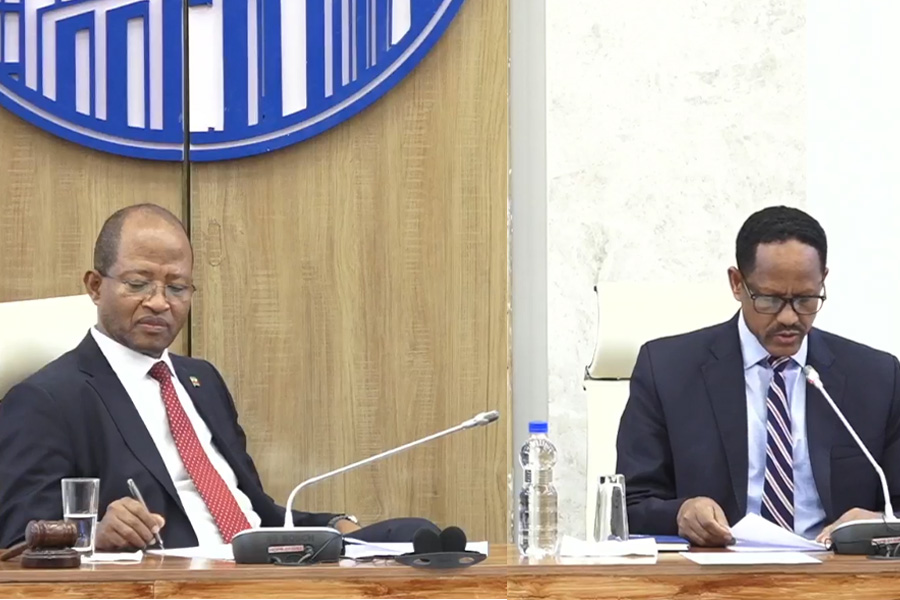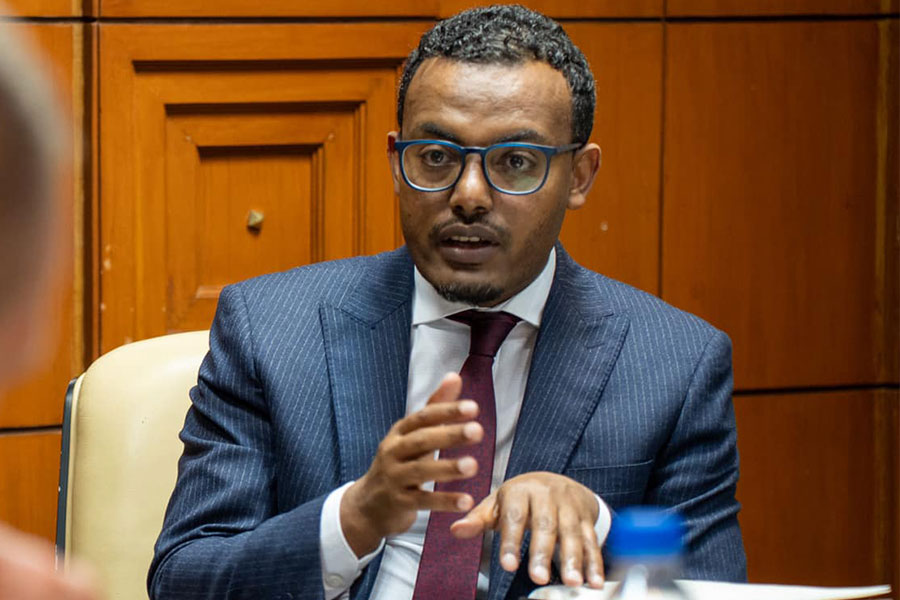
Fortune News | Jun 01,2024
In a consequential shift in the educational sector, controversial reforms inspired by Scandinavian models are under implementation, sparking intense debate among parents, educators, and policymakers. Parents who wrestle with the high costs and changing nature of their children's education are at the centre of this upheaval. Despite paying hefty fees, parents say a focus on playful activities over basic learning makes them doubt the value of such expensive education. The reforms, led by the Minister of Education, Brehanu Nega (PhD), and coordinated with the Addis Abeba Education Bureau, target to overhaul the system from kindergartens to high schools. Key changes include removing the English language as a medium of instruction from kindergarten curriculums and the amalgamation of science subjects in middle schools, along with introducing new subjects like journalism and agriculture in senior years. Authors of the reforms argue that these changes reflect a shift towards practical learning and cultural relevance, aiming to bridge the quality gap between private and public schools.
However, the approach has been met with resistance, especially from private schools accustomed to an English-centric curriculum. Education officials contend that an emphasis on the English language does not correlate with better performance in national exams, contesting the long-standing belief that English proficiency is a key to academic success. It is a position that sparked a fierce debate over the role of language in education, with private school representatives advocating for English as a crucial tool for international competitiveness. The implementation of these reforms has led to significant pushback. The Addis Abeba Education & Training Quality Regulatory Authority has begun revoking accreditations of non-compliant private schools, noting various transgressions like the absence of Afan Oromo classes and unauthorised school fee increases. Notable institutions like St. Michael School and Gibson School Systems have faced accreditation issues, exposing the limitations in aligning with the new guidelines and the lack of consultation in the reform process.
The changes have also stirred concerns among teachers, who face the challenge of adapting to broad-ranging subjects under the new curriculum. Leaders of the Private School Teachers' Association expressed worries about the practicality of expecting educators to teach combined science subjects proficiently. Parents are also caught in a dilemma, balancing the desire for quality education with the financial burden it entails. As the educational sector in Addis Abebe undergoes these sweeping reforms, those concerned from various corners – parents, educators, private school owners, and policymakers – are engaged in controversies. While lauded by some, the shift towards a more culturally and linguistically relevant education system continues to face resistance in its implementation, raising questions about the future of education in Ethiopia.
You can read the full story here
PUBLISHED ON
Dec 30,2023 [ VOL
24 , NO
1235]

Fortune News | Jun 01,2024

Agenda | Dec 01,2024

My Opinion | May 28,2022

Fortune News | Nov 24,2024

Viewpoints | Aug 16,2025

Viewpoints | Nov 16,2024

Radar | Jun 07,2025

Radar | Oct 14,2023

Commentaries | Jun 15,2024

Fortune News | Oct 13,2024

Dec 22 , 2024 . By TIZITA SHEWAFERAW
Charged with transforming colossal state-owned enterprises into modern and competitiv...

Aug 18 , 2024 . By AKSAH ITALO
Although predictable Yonas Zerihun's job in the ride-hailing service is not immune to...

Jul 28 , 2024 . By TIZITA SHEWAFERAW
Unhabitual, perhaps too many, Samuel Gebreyohannes, 38, used to occasionally enjoy a couple of beers at breakfast. However, he recently swit...

Jul 13 , 2024 . By AKSAH ITALO
Investors who rely on tractors, trucks, and field vehicles for commuting, transporting commodities, and f...

Oct 18 , 2025
The political establishment, notably the ruling party and its top brass, has become p...

Oct 11 , 2025
Ladislas Farago, a roving Associated Press (AP) correspondent, arrived in Ethiopia in...

Oct 4 , 2025
Eyob Tekalegn (PhD) had been in the Governor's chair for only weeks when, on Septembe...

Sep 27 , 2025
Four years into an experiment with “shock therapy” in education, the national moo...